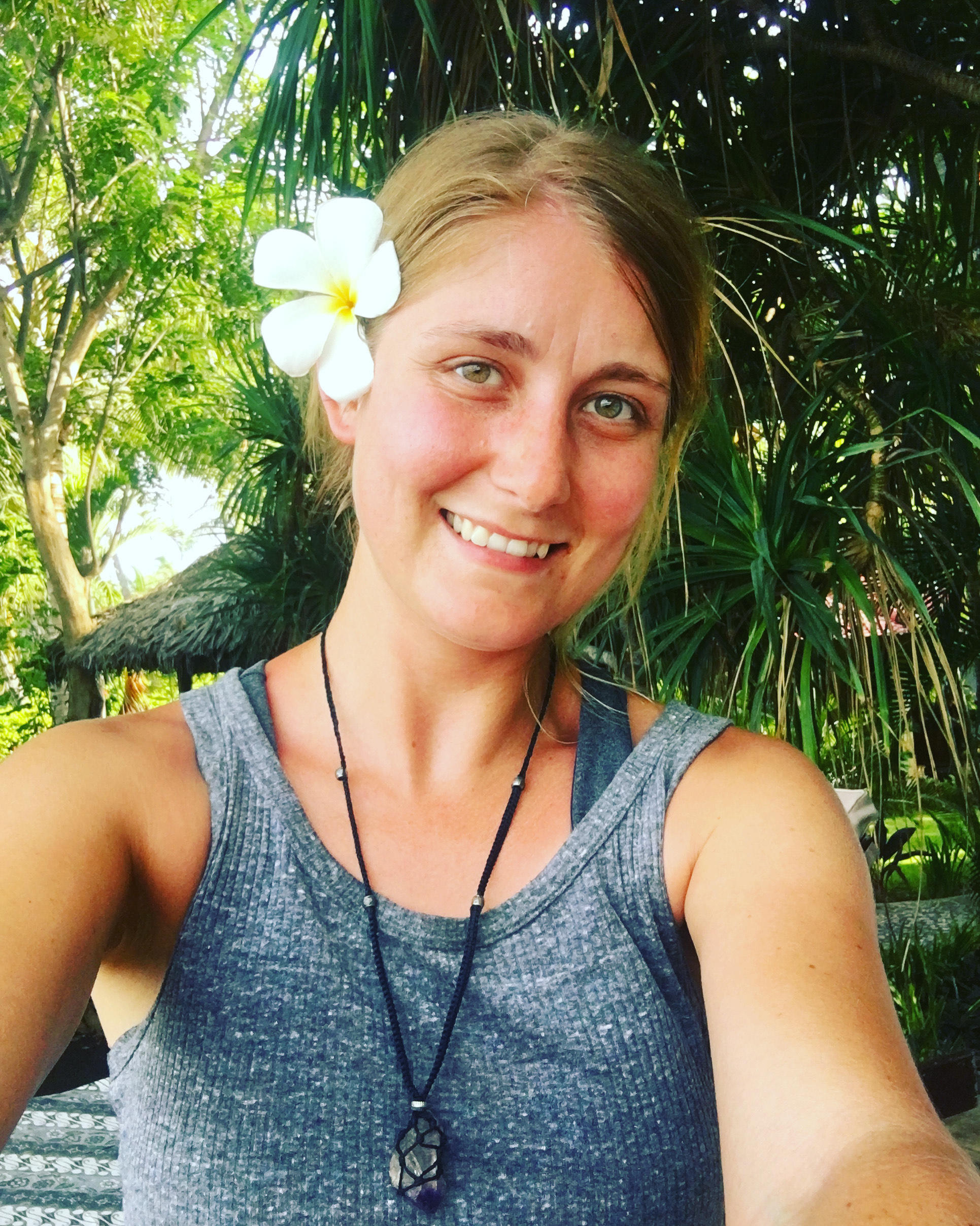Singing is a beautiful art form that allows us to express ourselves and connect with others on a deep emotional level. Whether you're a seasoned vocalist or just starting out, understanding your vocal range is essential for honing your skills and finding the right songs that showcase your unique abilities.
In this comprehensive guide, we will explore various techniques and methods to guide you identify your vocal range, along with tips on how to improve your singing and even write your own songs. So, let's dive in and discover the incredible potential of your voice!

What is Vocal Range & Why is it Important?
Before we delve into the process of identifying your vocal range, let's first understand what it means and why it is crucial for singers. Vocal range refers to the span of pitches that a person can comfortably and effectively produce. It encompasses the highest and lowest notes that you can sing with ease and control.
Identifying your vocal range is essential for several reasons:
- Song Selection: Knowing your vocal range allows you to choose songs that suit your voice.
- Vocal Training: Understanding your vocal range enables you to work on specific techniques and exercises that target your strengths and challenges.
- Collaboration: If you plan to collaborate with other musicians or join a choir or band, knowing your vocal range will help you find harmony parts that complement your voice and create a cohesive sound.
Now that we understand the importance of identifying your vocal range, let's explore some effective methods to discover your unique singing voice.
Method 1: Vocal Range Tests and Exercises
One of the most common and reliable ways to identify your vocal range is through a series of vocal range tests and exercises. These tests assists you to determine the highest and lowest notes you can comfortably sing, allowing you to categorise your voice into specific vocal ranges such as soprano, alto, tenor, or bass. Males and females have different singing voice types.
- Female ranges: Soprano, Mezze-Soprano, Contralto
- Male ranges: Tenor, Baritone, Bass
Here are some exercises you can try:
1. Sirens and Slides
Start by warming up your voice with some gentle vocal exercises. Begin at the bottom of your range and gradually slide up to the highest note you can comfortably reach, and then slide back down. Repeat this exercise a few times, paying attention to the notes where your voice feels most comfortable and resonant.
2. Octave Jumps
Another exercise to determine your vocal range is by performing octave jumps. Start at the bottom of your range and sing a comfortable note, then jump up an octave and sing the same note. Continue this process, gradually moving up the scale until you reach the highest note you can comfortably sing.
3. Vocal Range Apps and Online Tools
In this digital age, there are numerous apps and online tools available that can assist you. These tools provide interactive exercises, pitch recognition tests, and even virtual coaches that guide you through the process. Some popular options include Sing & Scream, Vocal Range Calculator, and Superprof's online vocal range test.
Remember, while these tests and exercises can provide a general idea of your vocal range, it is always best to consult with a professional vocal coach for accurate and personalised guidance.

Method 2: Working with a Vocal Coach
Working with a vocal coach is one of the most effective ways to identify and develop your vocal range. A trained professional can assess your voice, provide expert guidance, and tailor exercises to suit your specific needs. Here's how a vocal coach can help:
- Evaluation: A vocal coach will conduct a thorough evaluation of your voice, including your range, tone, and vocal quality. They will listen for any limitations or areas of improvement and provide feedback to help you understand your unique vocal abilities.
- Technique Development: A vocal coach will guide you through various vocal exercises designed to expand your range, improve your tone, and enhance your overall singing technique. They will teach you proper breathing, posture, and vocal warm-up techniques to ensure optimal vocal health and performance.
- Song Selection: With their expertise, a vocal coach can help you choose songs that showcase your vocal range and suit your voice. They can also provide guidance on interpretation and performance techniques to bring out the best in your singing.
Working with a vocal coach is a valuable investment in your singing journey. They can provide personalised guidance, address any vocal challenges, and help you reach your full potential as a singer.
Find your own personal vocal coach anywhere in South Africa here....
Method 3: Self-Exploration and Experimentation

While vocal range tests and working with a vocal coach are essential tools, self-exploration play a vital role in identifying and developing your vocal range. Here are some tips to guide you in this process:
- Sing Along to Different Genres: Experiment with singing along to songs from various genres and styles. Pay attention to the range and vocal techniques used by different artists. This can help you discover the types of songs that suit your voice and highlight your strengths.
- Record and Analyze Your Voice: Record yourself singing different songs and analyze the recordings. Take note of the highest and lowest notes you can comfortably sing and identify any areas that need improvement.
- Seek Feedback: Share your recordings with trusted friends, family members, or fellow musicians and ask for their feedback. They may notice things about your voice that you hadn't considered and offer valuable insights.
Remember, identifying your vocal range is an ongoing process. As you continue to practise, explore different genres, and work on your technique, your vocal range may expand and evolve.
Developing Your Vocal Range
Now that you have identified your vocal range, it's time to further develop and expand your singing abilities. Here are some tips and techniques to help you improve your vocal range and reach new heights:

1. Warm-Up and Vocal Exercises
Just like any other physical activity, warming up your voice before singing is essential. Vocal warm-up exercises help relax and prepare your vocal cords for the demands of singing. Incorporate exercises such as lip trills, humming, sirens, and gentle vocal scales into your warm-up routine. These exercises improve vocal flexibility, expand your range, and enhance your overall vocal technique.
2. Proper Breathing Techniques
Proper breathing is the foundation of good singing. Develop your breath control by practising diaphragmatic breathing. This technique involves breathing deeply into your diaphragm, expanding your belly, and releasing the breath slowly and with control. Proper breath support allows you to sustain long notes, reach higher pitches, and sing with power and control.
3. Vocal Health and Hydration
Maintaining good vocal health is crucial for developing your vocal range. Stay hydrated by drinking plenty of water, as dry vocal cords can impede your singing abilities. Avoid excessive throat clearing, smoking, and excessive caffeine consumption, as these can irritate your vocal cords. Additionally, consider incorporating vocal rest days into your practice routine to allow your voice to recover and prevent strain or injury.
4. Vocal Technique and Style Exploration
To expand your vocal range, explore different vocal techniques and styles. Experiment with vocal exercises that target specific areas of your range, such as head voice or falsetto. Additionally, try singing songs from various genres to challenge and improve different aspects of your voice. This versatility will not only expand your vocal range but also enhance your overall singing skills.
The Joys of Songwriting: Crafting Your Own Musical Journey
As you embark on your singing journey and develop your vocal range, you may find yourself drawn to the art of songwriting. Writing your own songs allows you to express your creativity, emotions, and unique experiences through music.
1. Find Inspiration
Inspiration can come from anywhere – nature, personal experiences, relationships, or even a simple phrase. Stay open to the world around you and let your emotions guide your songwriting process.
2. Embrace Collaboration
Collaborating with other musicians can bring a fresh perspective to your songwriting process. Seek out fellow songwriters, instrumentalists, or producers to bounce ideas off of and create music together.
3. Craft Meaningful Lyrics
When it comes to writing lyrics, focus on conveying your emotions and telling a story. Draw from personal experiences, use vivid imagery, and experiment with different poetic devices to create engaging and relatable lyrics. Remember, simplicity can often be more impactful than complexity.
4. Experiment With Melody and Chord Progressions
The melody and chord progressions are the backbone of any song. Play around with different melodies, rhythms, and chord progressions to find the right musical framework for your lyrics.
5. Refine and Revise
Songwriting is a process of constant refinement. Don't be discouraged if your initial ideas don't meet your expectations. Embrace revision as an opportunity to polish your work and make it even better. Seek feedback from trusted individuals and be open to constructive criticism.
Remember to be patient and dedicated to your practice, as vocal mastery takes time and effort.
Whether you aspire to perform on stage, record your own music, or simply enjoy singing as a hobby, embracing your unique vocal range and artistic expression will bring you immense joy and fulfilment.
Summarise with AI:
























